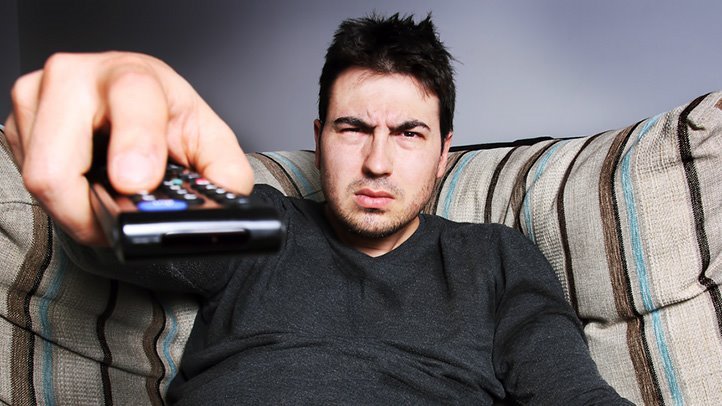Tag: ego depletion
-

Mental tiredness can obstruct the important benefits of watching TV
Mental, physical and emotional effort can result in us being “ego depleted”, which means we are running low on the resource needed for those kinds of effort. In this state we are less likely to benefit from the relaxation of watching TV. Watching TV and playing video games may feel like a bit of lazy…
-

Parole judges should snack regularly.
Parole judges should snack regularly – as should anyone who makes important decisions. One of the problems with being ego-depleted (when the combined resource for mental, emotional and physical effort has been drained) is the difficulty in putting effort into decision making. In this state of ego-depletion you are more likely to fall back on…
-

Going to the gym may make you less likely to perform a favour.
Feelings of guilt are important drivers of prosocial behaviour. If we feel guilty about something, we are more likely to do a favour for someone else. Ego depletion is a state in which our combined resource for emotional, physical and mental effort has been drained by exertion in one of those areas, and has not…
-

A hard session at the gym decreases your ability to resist temptation.
Physical, emotional and mental effort all seem to draw from the same attentional resource. This pool of attention is limited and a period of effort in any of these forms runs down this resource. It’s exhaustion leaves us in a state known as ego-depletion. In this state we are less able to concentrate well at…